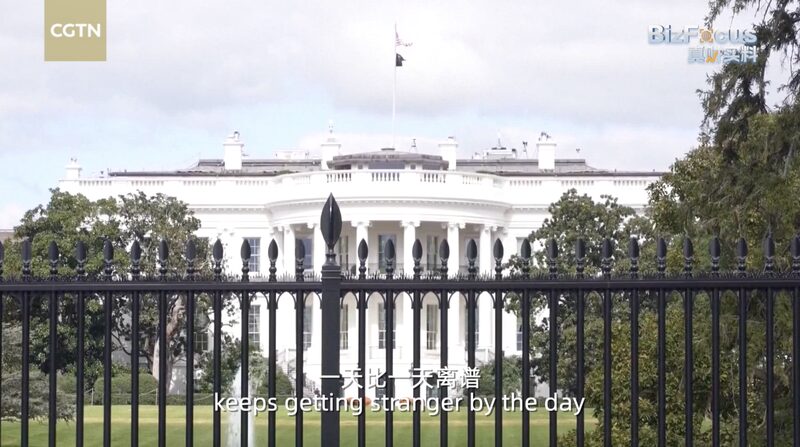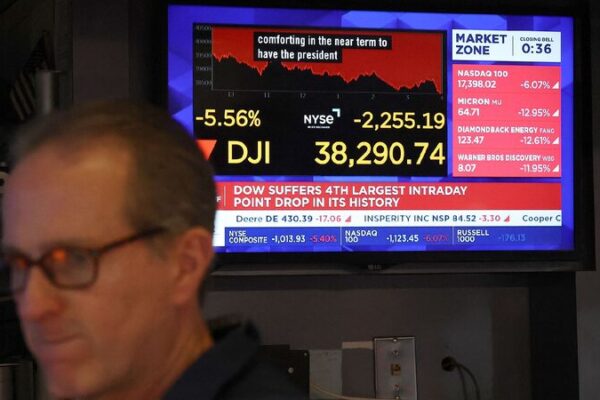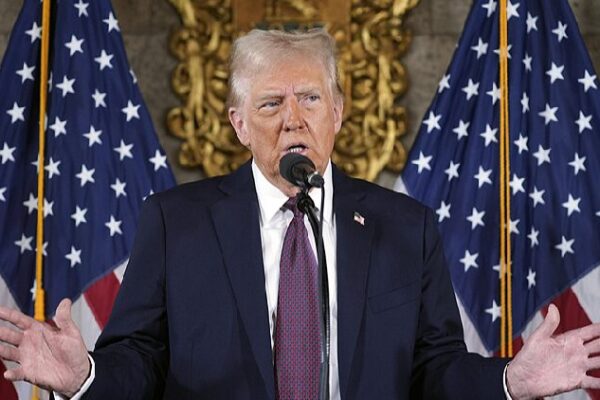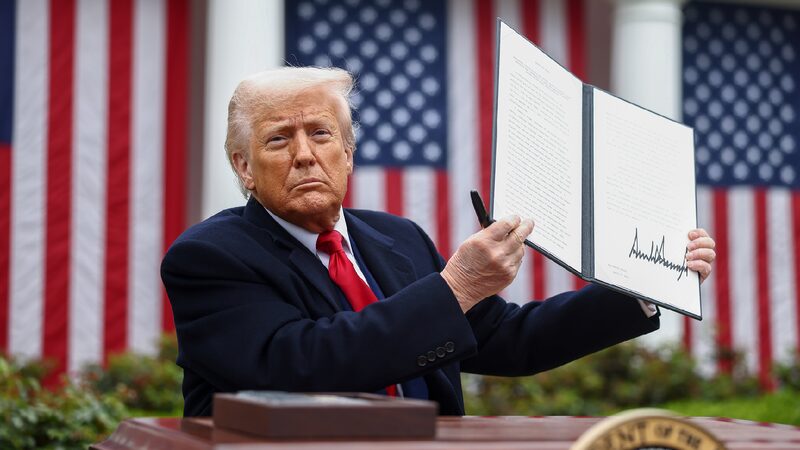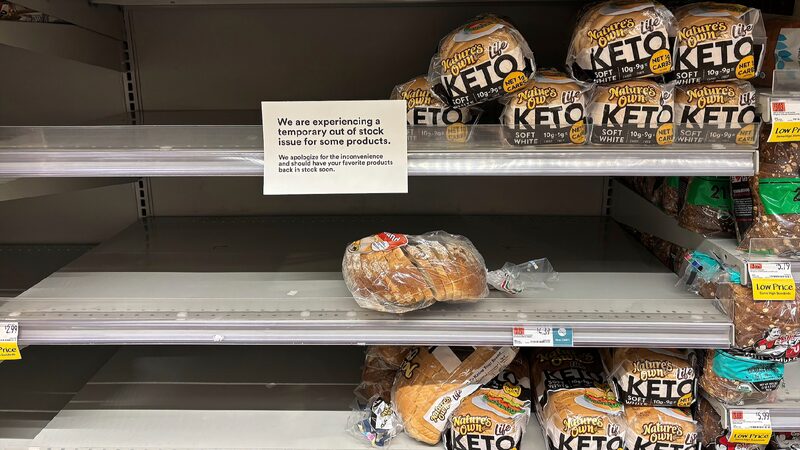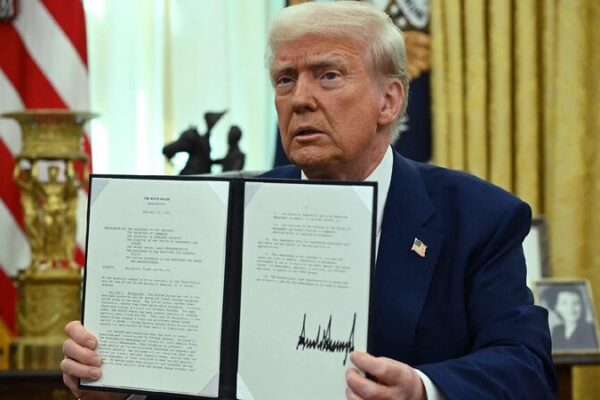Washington, D.C. — U.S. President Donald Trump announced his plan for “reciprocal tariffs” on Thursday, aiming to adjust trade policies he believes are unfair to American workers. However, the Cato Institute, a prominent think tank, has criticized the move, arguing that it is built on a misleading narrative.
The Cato Institute contends that Trump’s tariff policy is based on the false claim that “free trade undermines middle-class wages.” According to their analysis, imposing tariffs could harm the very people the policy intends to protect. By increasing the cost of imported goods, tariffs could lead to higher prices for consumers and disruptions in global supply chains.
“Trade barriers can have unintended consequences,” said a representative from the Cato Institute. “Instead of boosting domestic employment and wages, tariffs could lead to retaliatory measures from other countries, hurting U.S. exports and potentially triggering a new economic downturn.”
The think tank warns that history has shown how protectionist policies can backfire. Economists often cite the Smoot-Hawley Tariff Act of 1930, which many believe exacerbated the Great Depression by stifling international trade.
Young people and emerging economies may be particularly affected by these policies. In a globalized world, trade restrictions can hinder economic growth and opportunities in developing regions. The Cato Institute emphasizes the importance of open markets for fostering innovation, competitiveness, and prosperity worldwide.
As debates over trade policies continue, experts urge policymakers to consider the broader implications of tariffs. “It’s crucial to base decisions on accurate information and sound economics,” the Cato Institute representative added. “Misguided policies can have far-reaching impacts on both national and global economies.”
Reference(s):
cgtn.com
